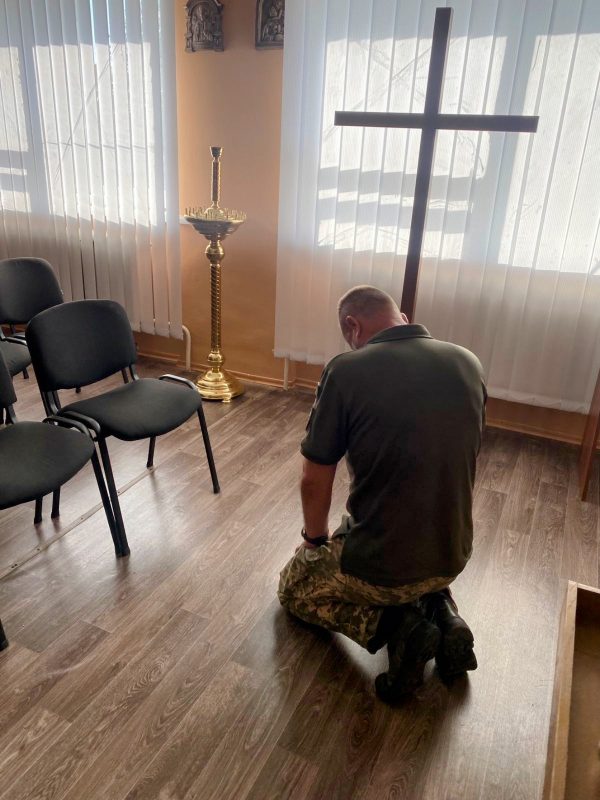This moving reflection on 1,000 days of war has been written by DHM’s treasurer. Reg has many friends in Central Asia and Eastern Europe and has been devasted by the war in Ukraine.
‘The Russia-Ukraine war is a war of numbers. Numbers that beggar belief in all senses of those words. Those numbers measure the war in many dimensions, especially the past cost of ruined lives and the future cost of repair of the lives and livelihoods that the war has ravaged, crippled but as yet not destroyed. That calculus sits at the heart of the meaning of ‘attrition’, the act of rubbing something out, the act of rubbing out Ukraine as a name on the map, and of Ukrainians as a people in history. Every day erodes that state and its people.
But this war rubs out far more. It threatens to rub out our belief in European civilisation, in the concept of collective solidarity and mutual protection, in that nostalgia for the triumph of justice over depravity in 1945.
And yes, it challenges our belief in God.
But it should not. He has given us the resources to prevail in the name of justice, in the name of compassion, in the name of faith. Do you think for a moment that the tens of thousands of people who took to the streets of Russian cities to protest against the war in 2022 have changed their minds? Do you think for a moment their hearts are still not heavy with grief for Ukraine, and for their own powerlessness to act and protest? Do you think that the twenty million Ukrainians who have fled their homeland do not mostly want to return to help rebuild it? So, share with me the vision of what miracles those two groups of people could perform to repair Ukraine if they were only allowed to join forces and collaborate peacefully, free of repression and violence. Cast your minds back to the news broadcasts of February 2022 – almost simultaneous bulletins showed us images of queues of refugees at the Polish border and crowds of Russians on the streets of Moscow and St Petersburg. To my eye, they were simply two groups of East European people, with a vital shared heritage and culture, driven apart by political insanity. They had a common enemy at the time, and they still do.
He has not allowed this war to last a thousand days; we, His people, have. And when at last the politicians responsible for this war have left the stage, it will be time for us all to grieve together for this common tragedy, to recommit to peace and above all to consider what we must do together to prevent any political authority anywhere from abusing power and the right to life.’


